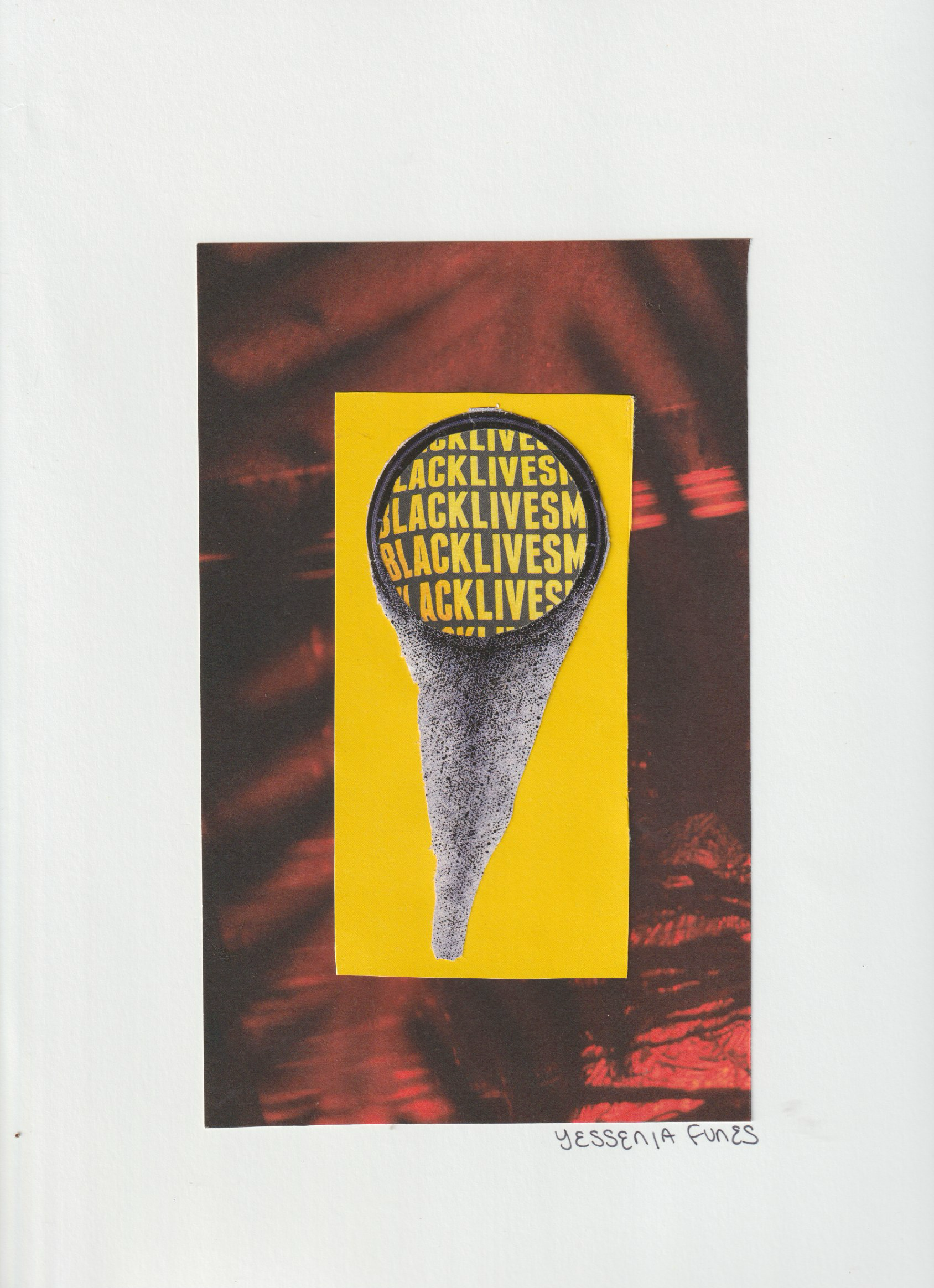Brazil's Indigenous Peoples Deserve Better

This edition is available to all (except the paid exclusives). I'm offering a discount for the rest of the year here. Annual subs are only $30. Tell your friends!
I appreciate your mix of vulnerability and joy with the grounding you bring to my life.
LISTENING: to my coming-soon Possibilities '25 playlist
FEELING: energized
SEEING: a bunch of weed crumbs on my coffee table
As I awoke this morning and began my daily ritual of doomscrolling, I saw footage of Indigenous people forcing their way into the conference center hosting this year's climate negotiations in Belém, Brazil. The moment, which occurred Tuesday night, perfectly illustrated the tensions between the business-clad government officials and the land's custodians who bear the scars of the former's failures.
Thirty years of climate negotiations is too damn long. In Belém, everyone flying in is a guest of the Amazonian Indigenous peoples. This is their home — their lives are at stake, yet they're not the ones who determine the planet's trajectory. The fossil fuel industry has had an outsized presence at past COPs. The Guardian's Nina Lakhani reports that more than 5,000 industry lobbyists were allowed to participate in the last four conferences.
This year, Brazil anticipates some 3,000 Indigenous people will attend the conference. Many have traveled long distances, on rivers and boats, to be present. Many have also felt the sting of the fossil fuel industry firsthand. They're in Belém for the next two weeks, in part, to demand a ban on fossil fuel drilling in their beloved Amazon and homelands.
Kleber Karipuna, an Indigenous leader of the Karipuna people from the Brazilian state of Amapá and an executive coordinator with Brazilian Indigenous movement organization the Articulation of the Indigenous Peoples of Brazil (APIB), shared some written thoughts via email with me ahead of COP30. If there's anyone we should be listening to during these discussions, it should be the people on the frontlines.
This interview has been lightly edited for clarity and length.
YESSENIA FUNES
How are Indigenous peoples in Brazil on the frontlines of environmental disaster, as well as environmental innovation and leadership?
KLEBER KARIPUNA
Well, here in Brazil, the Indigenous movement has been engaged in a process of confrontation and struggle for many, many years.
In this debate on environmental and climate issues, we have seen, in recent years, Indigenous leaders participating and influencing various spaces and events, both nationally and internationally. We have been training Indigenous leaders to take part in these discussions so that they can represent us and fight for our rights and territories.
This means that the Brazilian Indigenous movement, APIB, and our leaders are always at the forefront of this struggle. We are no longer merely participating or illustrative actors, but at the center of debates and decision-making. The Indigenous movement has been gaining a lot of ground in recent times.
YESSENIA
What issues are most urgently affecting the Karipuna people?
KLEBER
Today, the issue of fossil fuel exploration in our Uaçá, Juminã, and Galibi Indigenous lands is urgent. This is where one of the developmental oil exploration projects in our country is located — at the mouth of the Amazon River — which will have a direct impact on my Indigenous land.
YESSENIA
There's a lot of talk of Brazil's proposed Tropical Forests Forever Fund at this year's COP. What is TFFF, and how would it help your people if at all?
KLEBER
Well, the TFFF is an initiative proposed by the Brazilian government, which has brought together other countries to try to respond to the question of how to tackle the climate emergency and finance actions to protect and maintain forests.
We, as members of the Global Alliance of Territorial Communities, have been part of a process of co-creating the TFFF's relationship with Indigenous peoples and local communities, especially in terms of climate finance and, in particular, direct financing for Indigenous peoples and local communities.
We understand that if the TFFF mechanism works and is successful, it can contribute to the implementation of the Global Alliance's main political demands. These include territorial rights, the guarantee and protection of our territories (one of the main demands of the Global Alliance and Indigenous peoples), direct financing to support land management and political projects, and the right to consultation. Consultation ensures that Indigenous peoples are not merely beneficiaries, but active decision-makers. 🌀
The newsletter ends here for free subscribers. Why not upgrade? Annual subscriptions are only $30 for a limited time.
Rest in Power
While we can't say for certain that climate change led to these specific weather events (we need attribution studies for that), we do know that the Earth's rising temperatures are already creating more frequent and/or stronger disasters like these.
The Philippines has been devastated by back-to-back typhoons. First, there was Typhoon Kalmaegi, which killed at least 237 people last week (including five in Vietnam). This week, there was Super Typhoon Fung-wong, which has left at least 18 people dead. Heartbreaking.
The fallout from Hurricane Melissa in the Caribbean continues: The death toll is now at 75.
Southern Nevada is still trying to determine how many people it lost to extreme heat this year. The current number is 279, lower than last year.
In Brazil's southern town of Rio Bonito do Iguacu, a tornado killed at least six people and left the community completely flattened. At least 750 people were injured.
Currently Reading
Adam Mahoney writes for Talking Points Memo about 2020's racial reckoning — and how quickly U.S. institutions abandoned their promises.
WIRED has a big feature by Tulsi Rauniyar about the young Nepalese leaders who helped topple their corrupt government and usher in a new one.
Nina Lakhani reports for The Guardian on the fossil fuel industry's presence at climate negotiations. One source told her: "While forest communities fight for survival, the same companies that cause climate collapse buy credentials and political influence to continue expanding their fossil empires."
The people who help the U.S. recover from disasters are actively planning for the day ICE picks them up. Saket Soni writes about these efforts in his newly launched newsletter.
Clean energy wins keep me going! For Scientific American, You Xiaoying sheds light on China's new offshore wind technology.
Collage

As winter approaches, remember to take time to rest and journey inward. My yoga teacher reminded me today of how important this season is for sitting with oneself and recharging.
- Yessenia


Comments ()